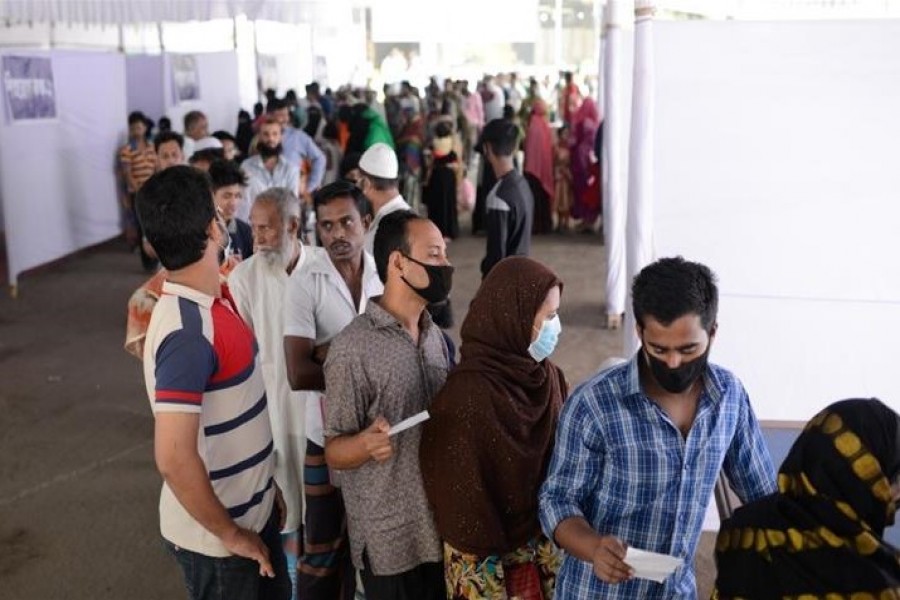Global spread of deadly coronavirus is also taking its toll now in Bangladesh. In a bid to contain the spread of the virus, the government earlier announced 10-day public holiday with restriction of movements. The holiday period has now been extended five more days until April 9 this year. The holiday is unofficial lockdown as public transports, educational and business entities have also been shut down.
As a result, a large number of middle-income and low-income people are now in trouble. Halt in economic activities makes the future of millions of job-holders bleak. Most of them, living in Dhaka and other cities, are tenants and have to pay monthly rent for their dwelling houses. As their livelihoods become uncertain, they are anxiously thinking on how to pay their monthly house rents.
According to Bangladesh Labour Force Survey 2016-17, around some 44.0 per cent dwelling houses in urban areas of the country are rented while the ratio is only 3.0 per cent in rural areas. Again, as estimated by the Bangladesh Bureau of Statistics (BBS), housing and house rent takes up 17.25 per cent of monthly household consumption expenditure. By adding 5.0 per cent of total spending on light and fuel with this, monthly housing related spending becomes almost one-fourth of the total spending of a family.
In fact, unregulated house rent is a continued problem for long and there is no effective mechanism to contain it. On an average, house rent increased by three-fold over the past 10 years. Besides monthly house rent, tenants have to pay utility bills and in many cases service charges. Except a few landlords, most of them take little note on how the arbitrary increase in house rent put their tenants in trouble.
Now, the coronavirus pandemic increases their trouble many folds. For most of the tenants in Dhaka, a month without salaries or wages is almost a disaster. With their petty savings it is very difficult to manage basic spending like food and clothing after paying monthly house rents. Gradual spread of coronavirus and shut down of most of business and trading creates a big uncertainty on their monthly income. There is also a threat of job losses.
Against the backdrop, many are suggesting to waive house rents for the time being. Though a few landlords have reportedly waived monthly rent of their tenants, those are merely an exception.
Nevertheless, this is an unprecedented situation. So, the government needs to give a serious thought to the matter and provide some incentives to the landlords or house owners by waiving rents for a month or two. Cut in holding tax and land tax for a year may be such an incentive. As house rents vary depending on size of houses, areas, facilities and incomes of tenants, waving or halving the rents will also depend on these factors. Mutual understanding among tenants and house owners, however, will be the best option to reach an arrangement in this regard.
--


